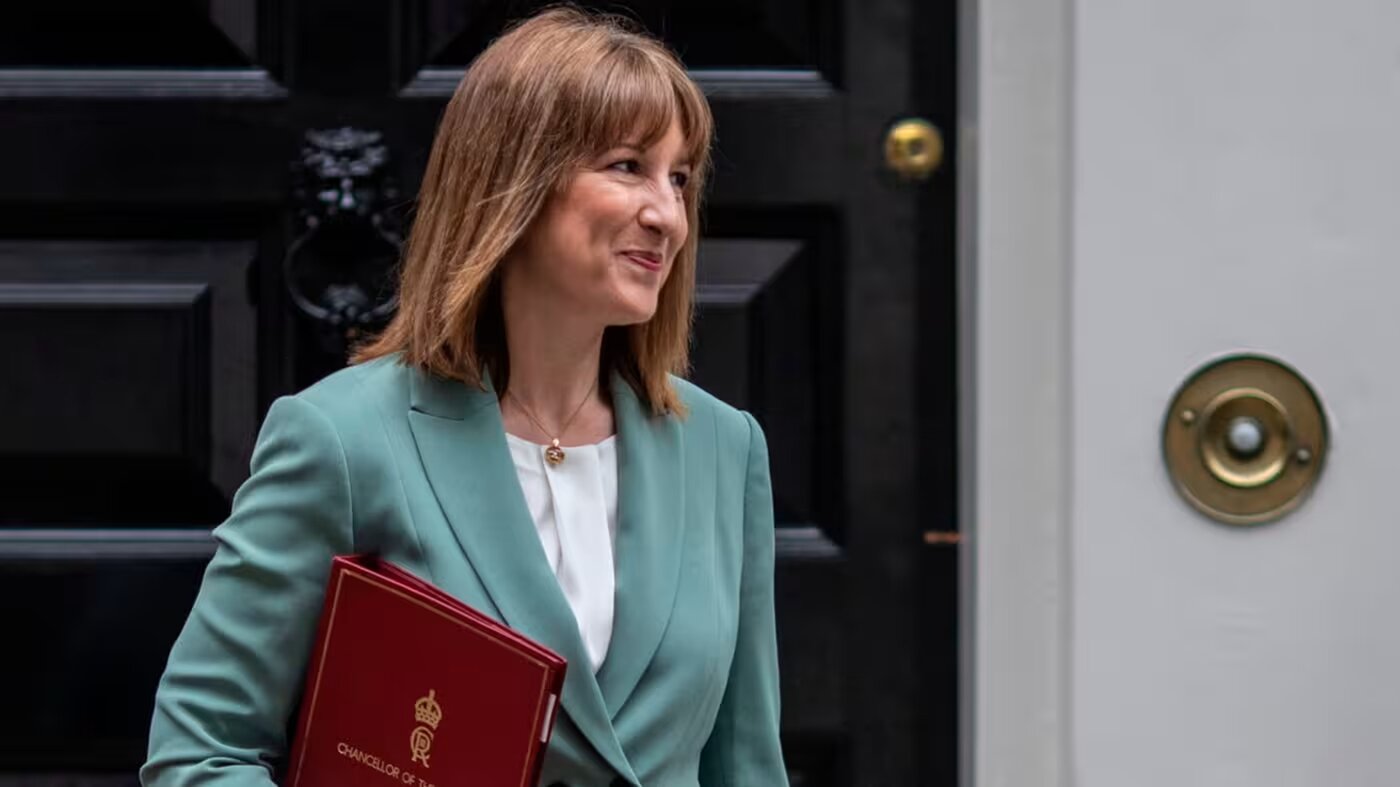Chancellor Rachel Reeves is reportedly reconsidering elements of Labour’s flagship tax reforms for non-domiciled individuals after early signs of a “wealth exodus” prompted concern across Westminster and the financial sector.
The inheritance tax reforms, first introduced by the Conservatives in 2024 and confirmed by Reeves, are due to come into force in April 2025. The measures would abolish the current non-dom regime and replace it with a residence-based system, ending long-standing offshore tax exemptions.
However, fresh reports indicate that high-net-worth individuals, like billionaire Lakshmi Mittal, are preparing to move assets or leave the UK entirely. In response, Reeves is reportedly considering “tweaks” to the current plans, aiming to maintain fairness while protecting Britain’s status as an international financial hub.
With four in ten non-doms reportedly evaluating relocation, ministers are under growing pressure to balance tax justice with economic competitiveness. Treasury officials insist the UK remains attractive, but critics have dubbed the reform a “colossal misjudgement.”
Background of the Non-Dom Reforms
The concept of non-domicile status has long been a fixture in the UK tax system, allowing wealthy foreign nationals to avoid taxes on overseas income. In March 2024, then Chancellor Jeremy Hunt announced plans to abolish the regime, a move Labour pledged to honour if elected.
Rachel Reeves confirmed in her Spring Statement that the non-dom status will end from April 2025, stating: “If you make Britain your home, you should pay your tax here.”
Labour’s proposal introduces a residence-based tax system intended to increase fairness and close tax loopholes, while also implementing temporary reliefs for those bringing money into the UK.
Flight of the Wealthy
Concerns have escalated that the reforms may drive out wealthy residents. According to recent surveys, around 40% of current non-doms are actively considering leaving the UK in favour of jurisdictions with more favourable tax laws.
Steel tycoon Lakshmi Mittal, who owns a £67 million mansion in Kensington Palace Gardens, is one such figure reportedly poised to exit. Such high-profile cases are raising alarm bells in government, as advisors warn that losing even a small number of ultra-wealthy residents could undermine the revenue gains expected from the tax overhaul.
Government Response and Treasury Position
Despite the backlash, the Treasury maintains that the UK remains competitive. A spokesperson said: “Our new residence-based regime is simpler and more attractive than the previous one… and our capital gains tax rate is lower than any other G7 European country.”
They added that the government will continue engaging with stakeholders to ensure the new system is both internationally competitive and capable of attracting top global talent and investment.


Economic Implications and Revenue Forecasts
While critics call the reform a political misstep, the Office for Budget Responsibility (OBR) estimates the policy package could raise £12.7 billion over the next five years.
However, experts warn that much of this could be lost if enough non-doms leave, taking their income, investments, and associated economic benefits with them. Financial advisors have labelled the policy as “economically risky,” suggesting that the government may need to find a more nuanced approach to strike the right balance between fairness and fiscal retention.
Political and Public Reaction
Politically, a U-turn could prove awkward for Labour, which campaigned on the promise of closing unfair tax loopholes. Yet with the UK battling sluggish growth, some in Reeves’ circle argue that economic pragmatism must take priority.
Social justice campaigners, meanwhile, insist that the government must stay firm to deliver a more equitable tax system. Business groups remain cautiously optimistic, stating that further consultation and clarity will be crucial for long-term investor confidence.
Conclusion
Rachel Reeves' flagship tax reform, designed to abolish non-dom status and close longstanding loopholes, is now at a crossroads. While the intention to build a fairer tax system has broad appeal, the early signals of a wealth migration present a challenge.
The Treasury continues to insist that the UK remains globally attractive, yet Reeves is now under pressure to tweak the reforms to prevent economic self-sabotage. With billions in projected revenue on the line, Labour must walk a fine line between fairness and pragmatism.
Stakeholder consultation, policy flexibility, and continued investor reassurance will be key in ensuring that tax reform strengthens rather than weakens the UK’s financial position.
Frequently Asked Questions
What is a non-dom?
A non-domiciled individual is someone who resides in the UK but claims their permanent home is abroad. This status offers tax advantages, particularly on overseas income and inheritance.
When do the tax changes take effect?
The abolition of non-dom status and introduction of a residence-based system are due to take effect from 6 April 2025.
Why is Reeves reconsidering the policy?
Reports suggest a significant number of non-doms are planning to leave the UK, which could reduce expected tax revenues and harm the economy.
What changes is Reeves considering?
She is exploring “tweaks” such as extended relief periods and refined incentives to encourage high-net-worth individuals to remain and invest in the UK.
How much revenue is the policy expected to raise?
The Office for Budget Responsibility estimates that the new non-dom tax package could bring in £12.7 billion over five years, though that figure could change if many wealthy individuals leave the UK.











